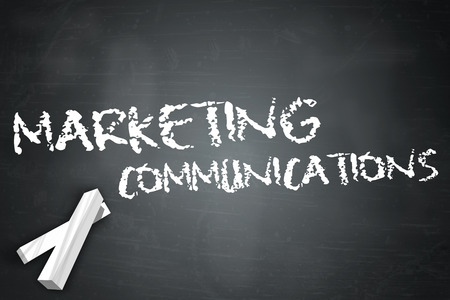
Contrary to popular belief, strategy is not the same as planning. Ideally, planning involves the identification of growth strategies based on goals, but does not ensure it. On the other hand, a strategic approach starts with a collaborative dialogue and decision-making process about “how” the company will achieve its goals.
When it comes to a strategic approach to marketing communications, there are several elements to consider. Among the most important are frequency of contact, quality of messaging and selection of the most appropriate marketing channels to use.
Frequency of Contact
Frequency is often forgotten when it comes to marketing strategy, but it is one of the most important elements to consider. Why? Companies that want to grow communicate with their target audiences consistently. How often did we communicate with our customers and prospects last year? Was it sufficient? What changes do we want to make this year? For example, if the company produced a monthly blog, quarterly email blasts, two bylined articles, two white papers, two success stories and two press releases, that’s 24 opportunities for touch points during the year. In a competitive business environment, the frequency of contact needs to be expanded.
The Right Messaging

There’s a lot of talk about corporate messaging these days. First and foremost, it needs to be customer-centric, and not self-serving. Second, it should be consistent with the company’s vision, mission, values and corporate culture. Messaging development is not a one-time event. Market conditions and priorities change, and so will the content you develop. Ideally, look at your messaging at least twice a year and ask the following questions:
- Does our marketing communication content resonate with the marketplace?
- Does our marketing communication content reflect our brand and is it consistent with the positioning we want to have in the marketplace?
- What solutions to our customers’ pain points and challenges do we offer?
- Is our competitive advantage and/or corporate distinction clear?
- How can we best address changing needs and emerging marketplace trends?
- What are our thought leadership and/or innovative and controversial positions?
The Mix of Marketing Channels/Outlets to Use
There are dozens of marketing distribution channels to tap into, so choosing the right mix is essential. Where do your target audiences gather? Social media, trade shows, webinars? Are they article and/or book readers? While this discussion might sound tactical, it begins with strategy. It’s a framework or matrix you create to engage with the greatest number of prospects and customers. Recognizing you don’t want to put all your eggs in one basket, you create a marketing mix. Then test, test, test. Identify a mechanism or process for evaluating marcom initiatives and projects. Gather and analyze data. Ask questions. Refine and expand into the channels that are perform the highest.
Strategic Approach and Your Corporate Differential

In a competitive global marketplace, companies are forced to do more with limited resources while intensifying their focus on outcomes and results. The concept of strategic marketing communications has moved from a “nice to do” to a “must do” initiative. With increased struggles for market share, companies need to communicate consistently with their target markets, sharpen their messaging and share their message in the outlets where their prospects and customers congregate. In the end, a strategic approach to marketing acknowledges that a company cannot be all things to all people all the time. Focus on the value you offer and how that value delivers on your corporate promise. To learn more about how to create an effective plan that will communicate your company’s values and benefits, build enduring relationships, elicit the desired action and drive long-term organizational success, download our white paper on strategic communications for B2B organizations.
